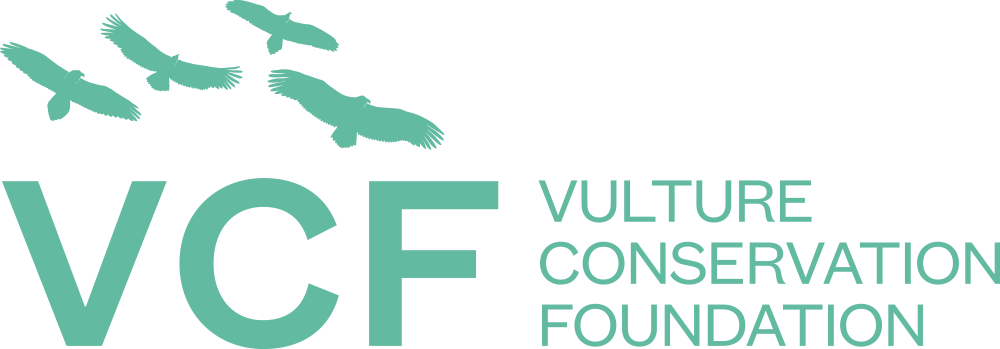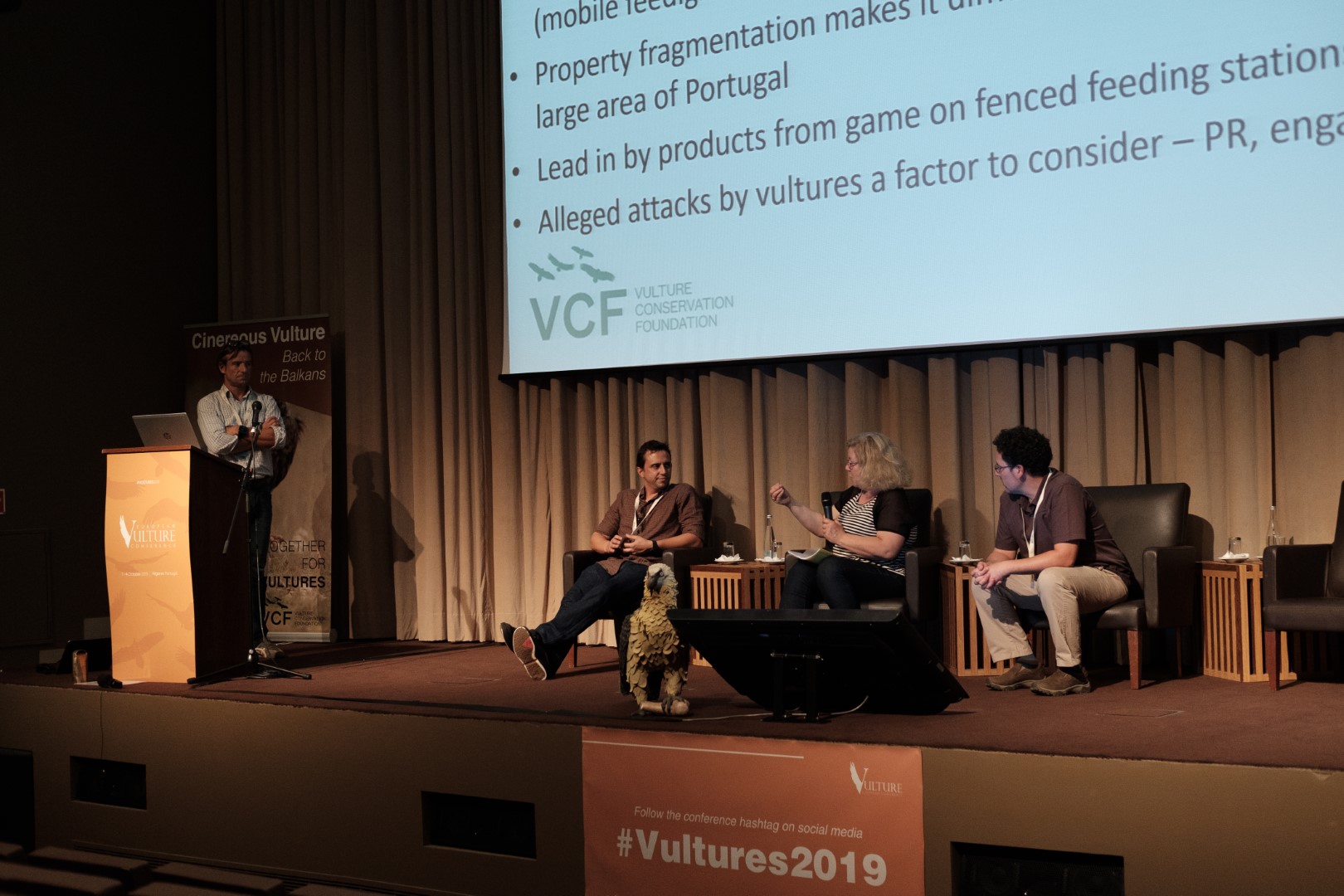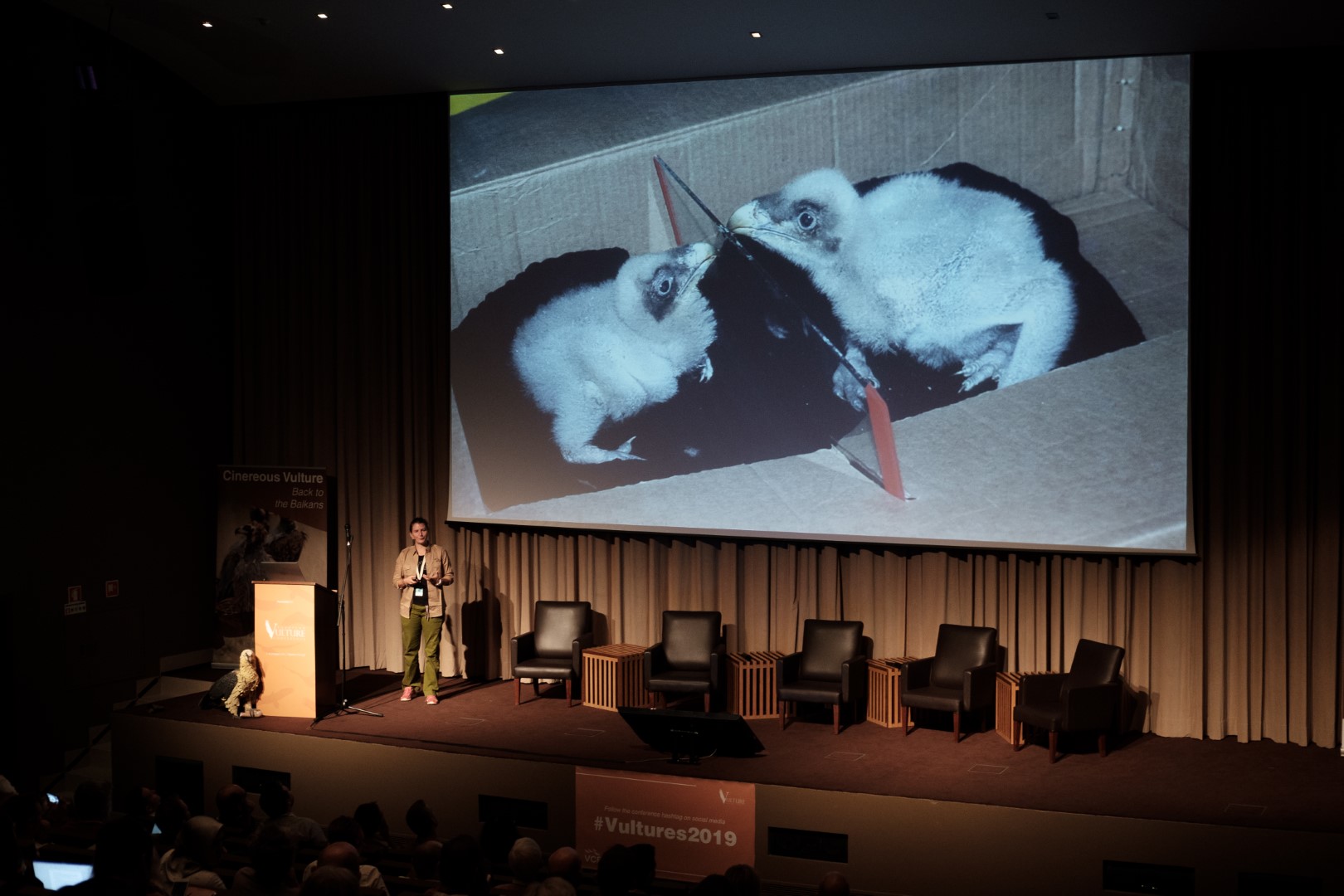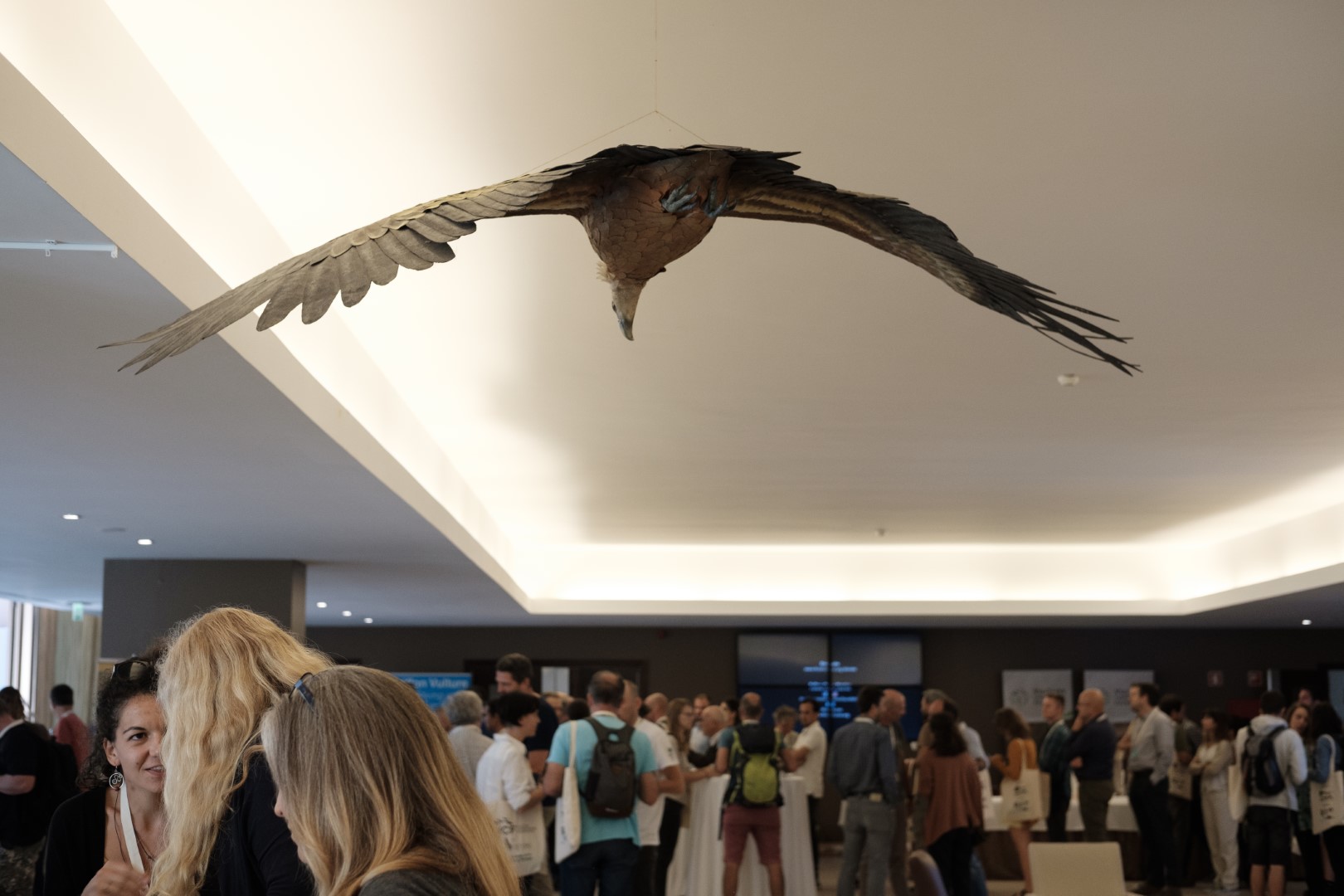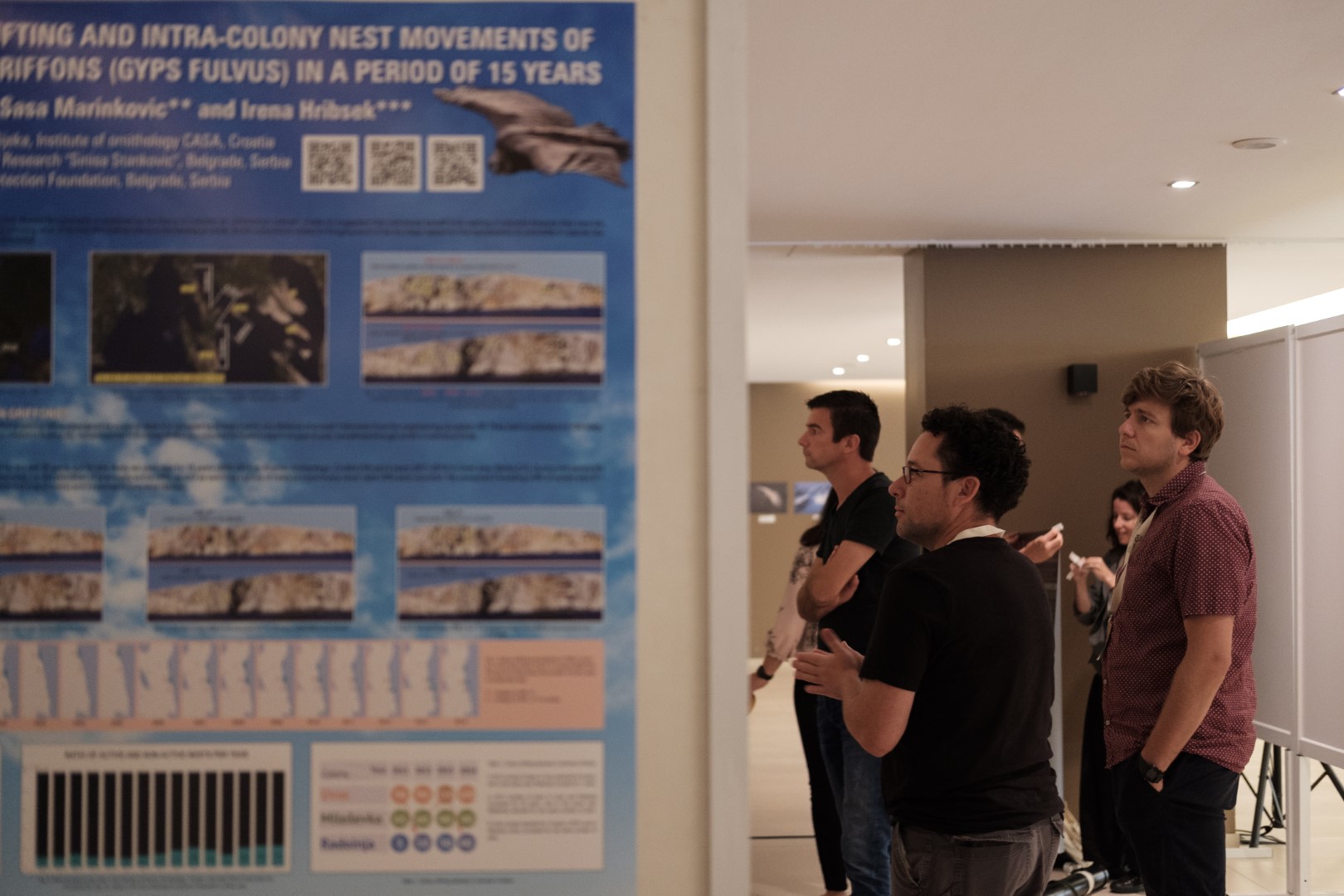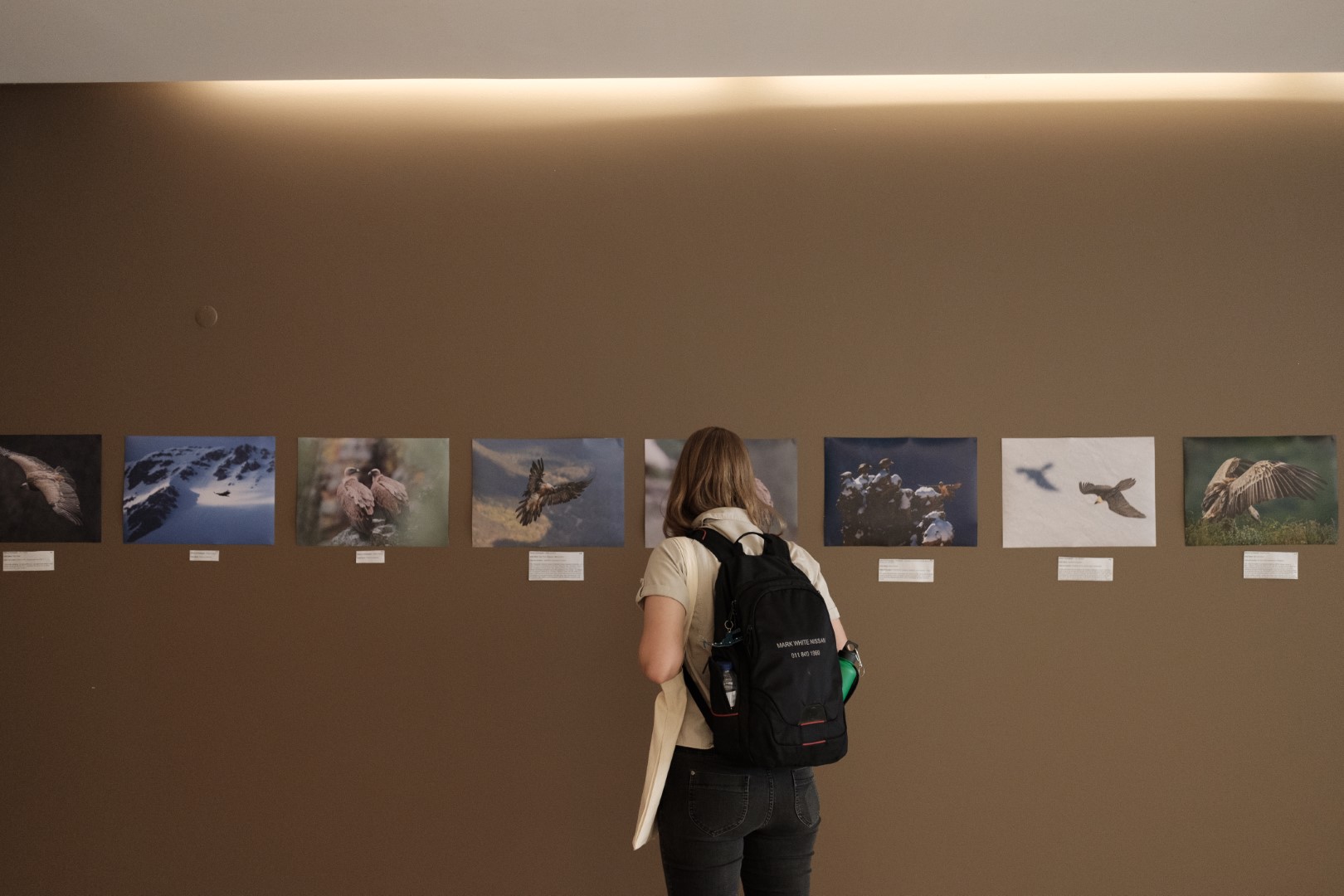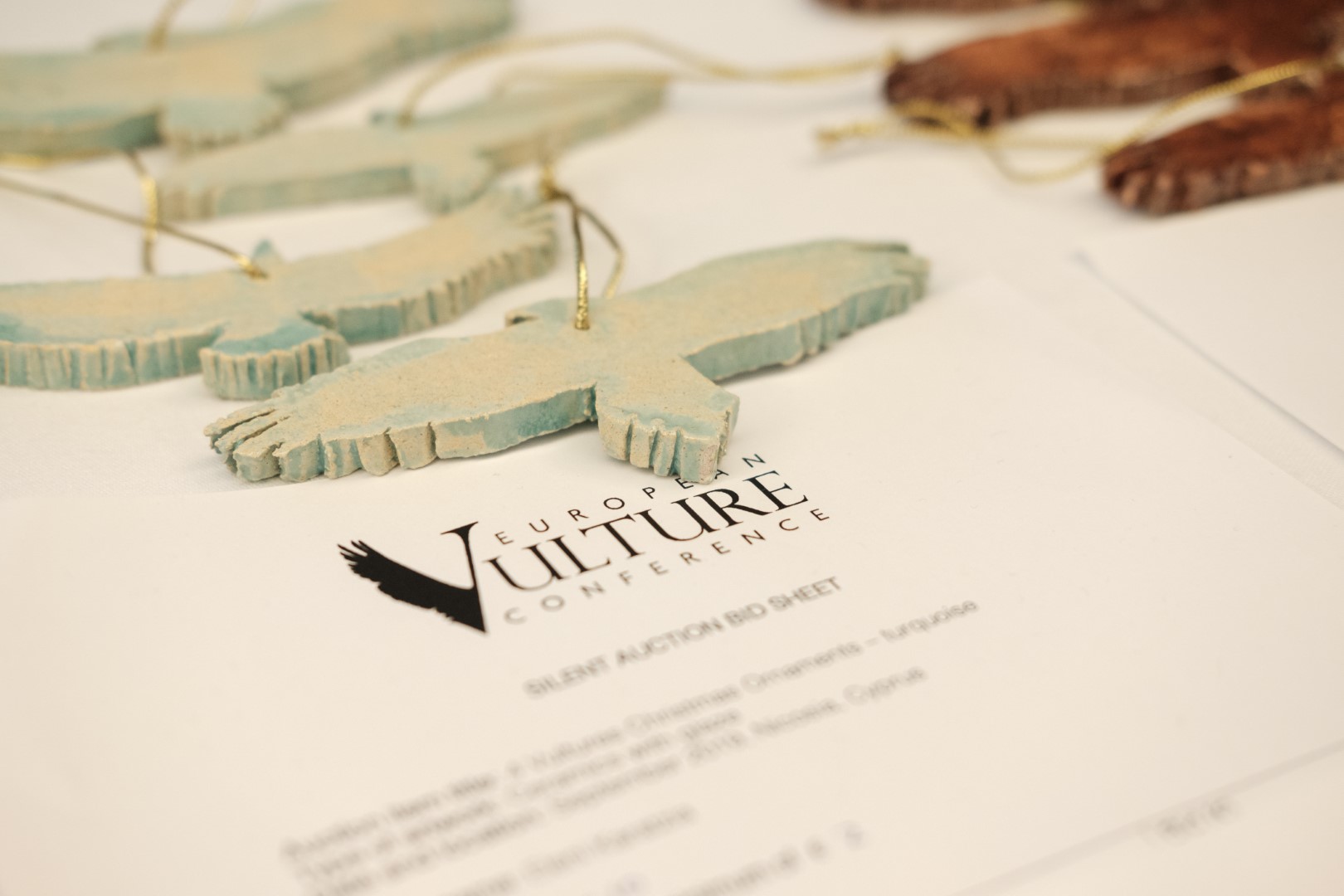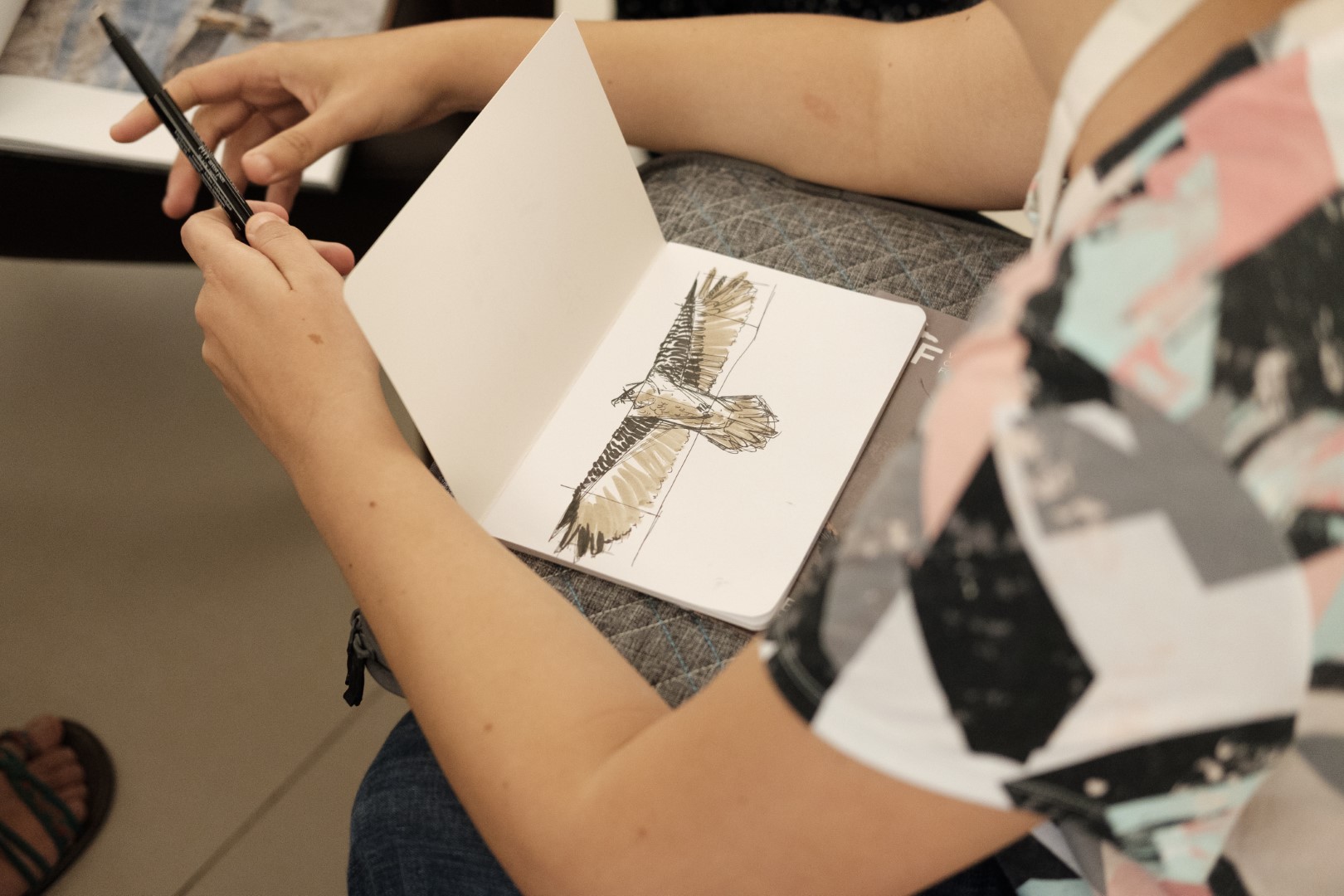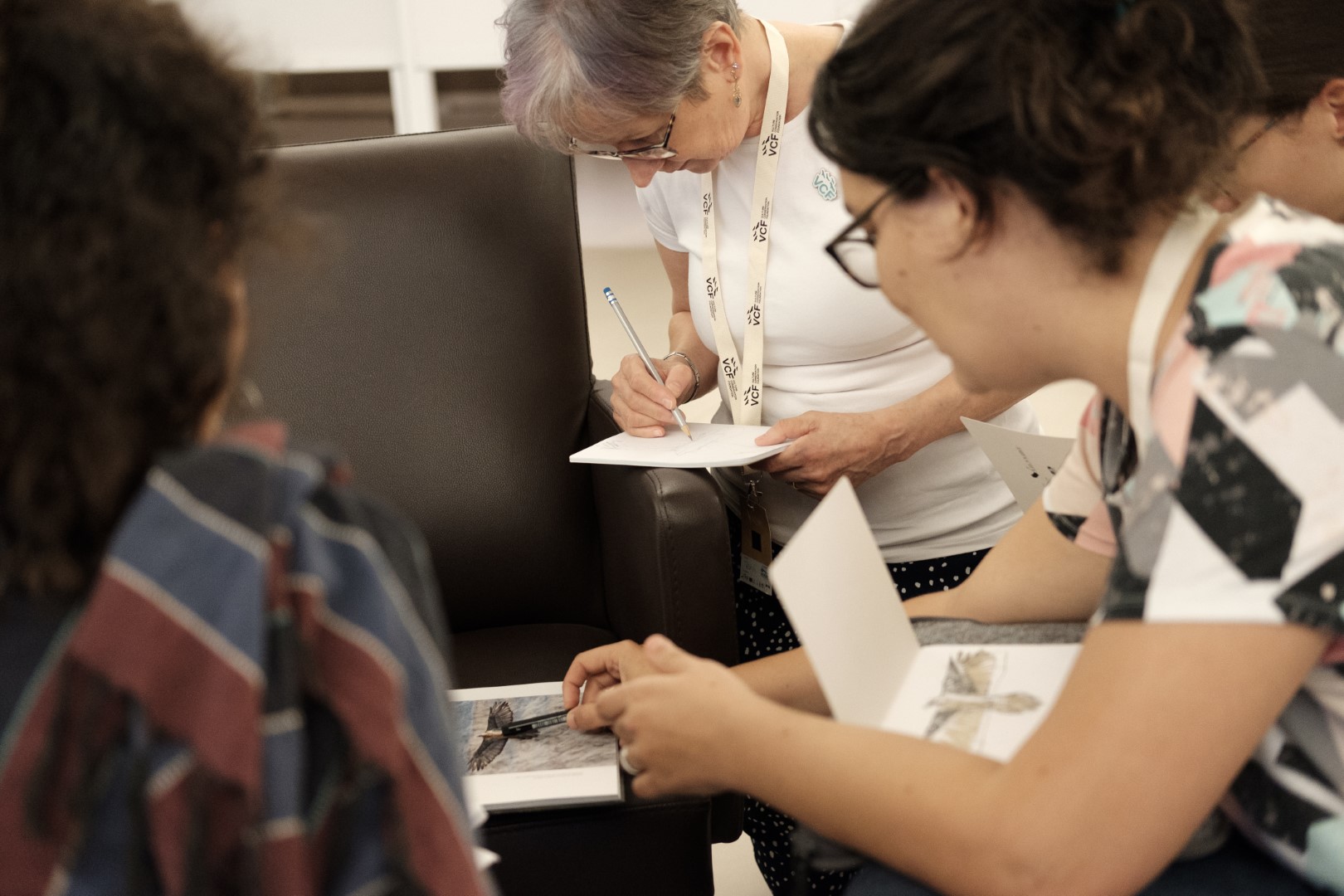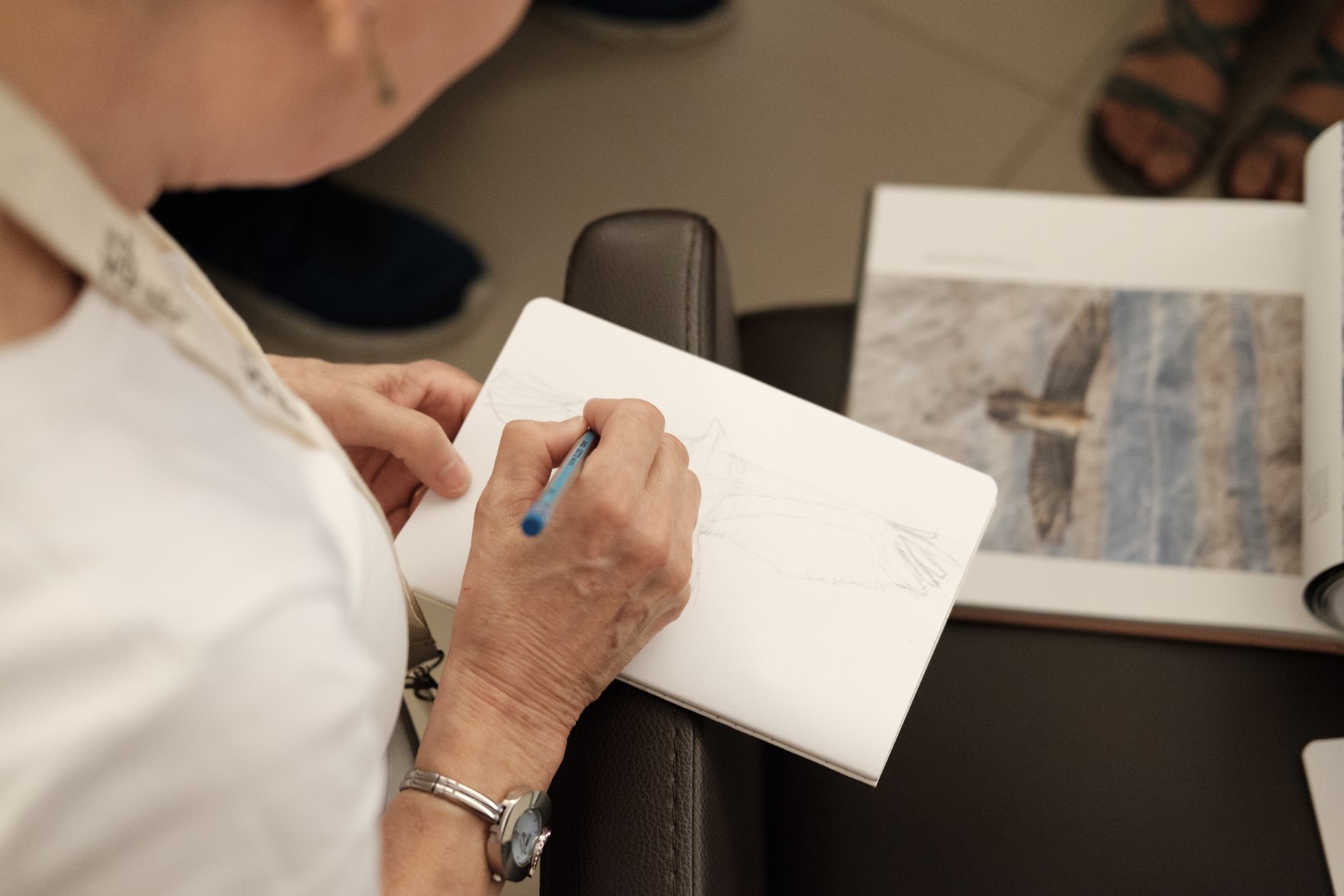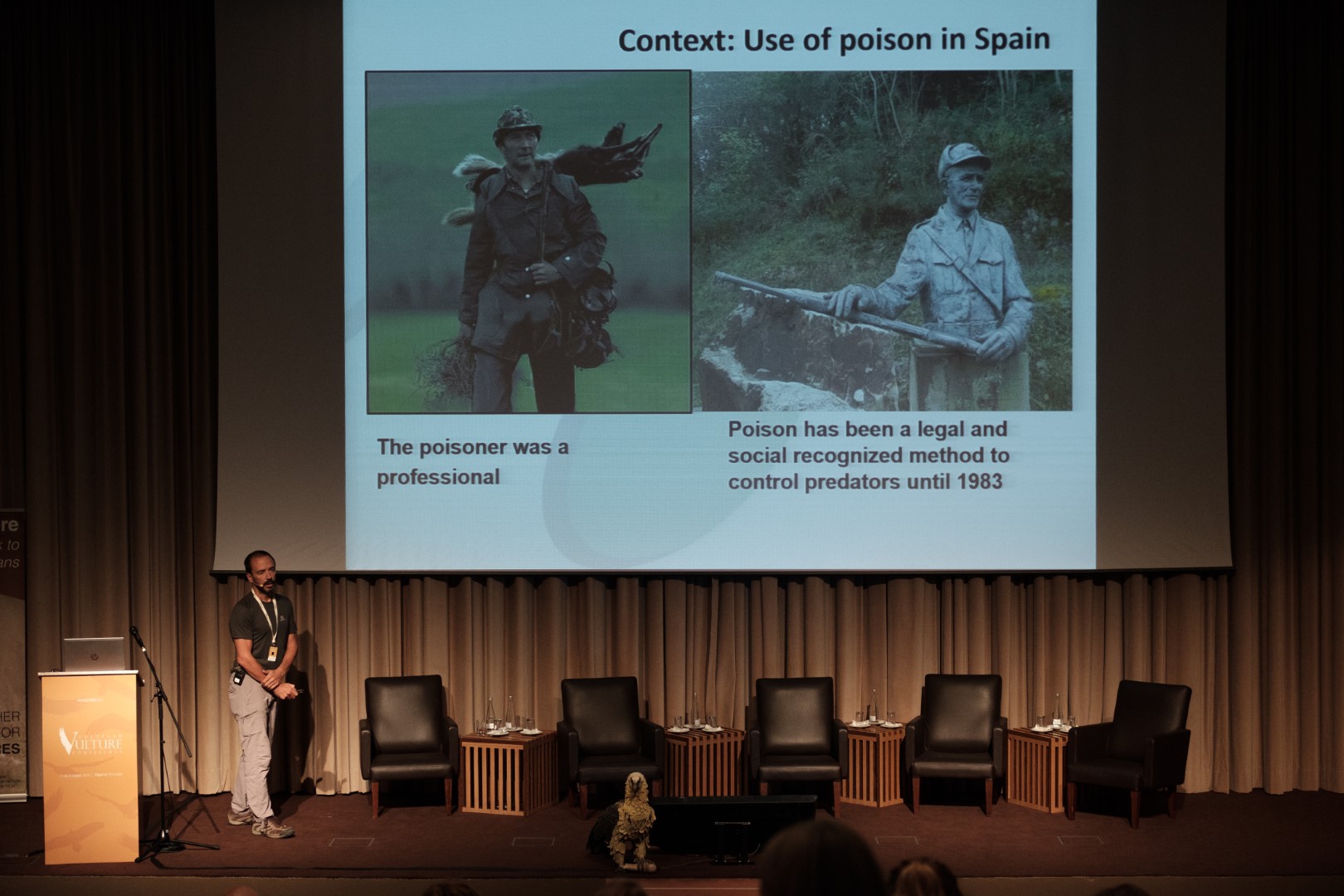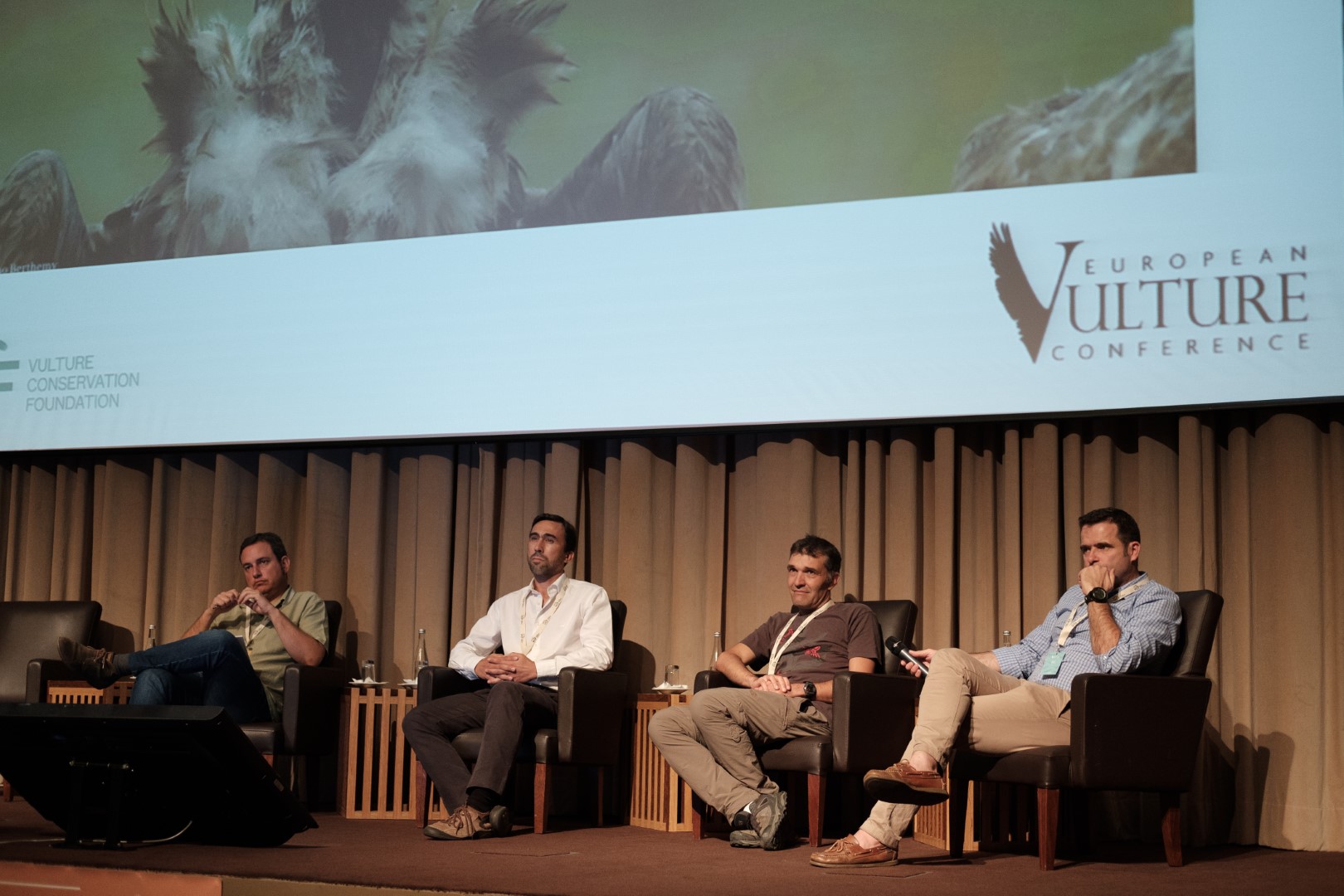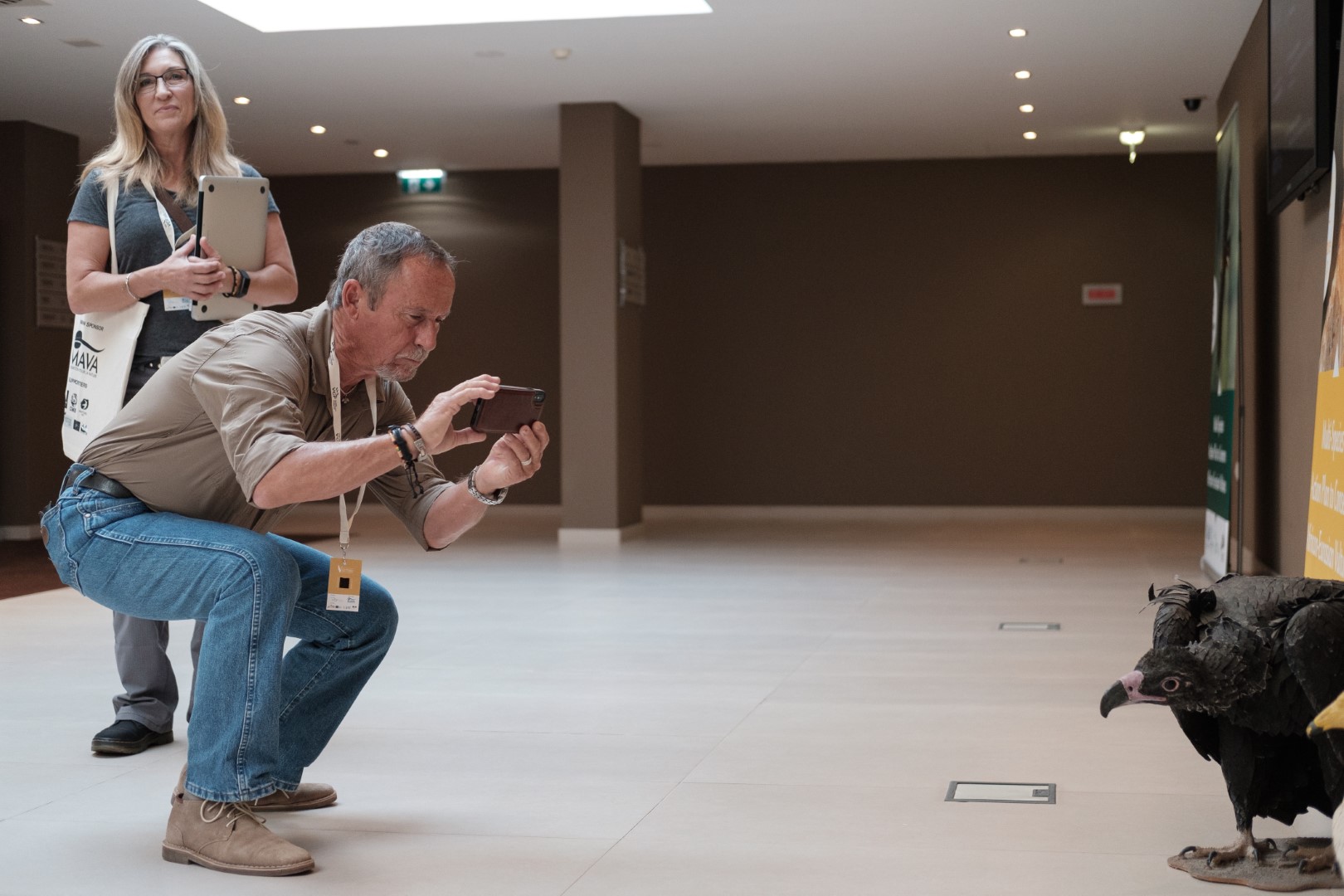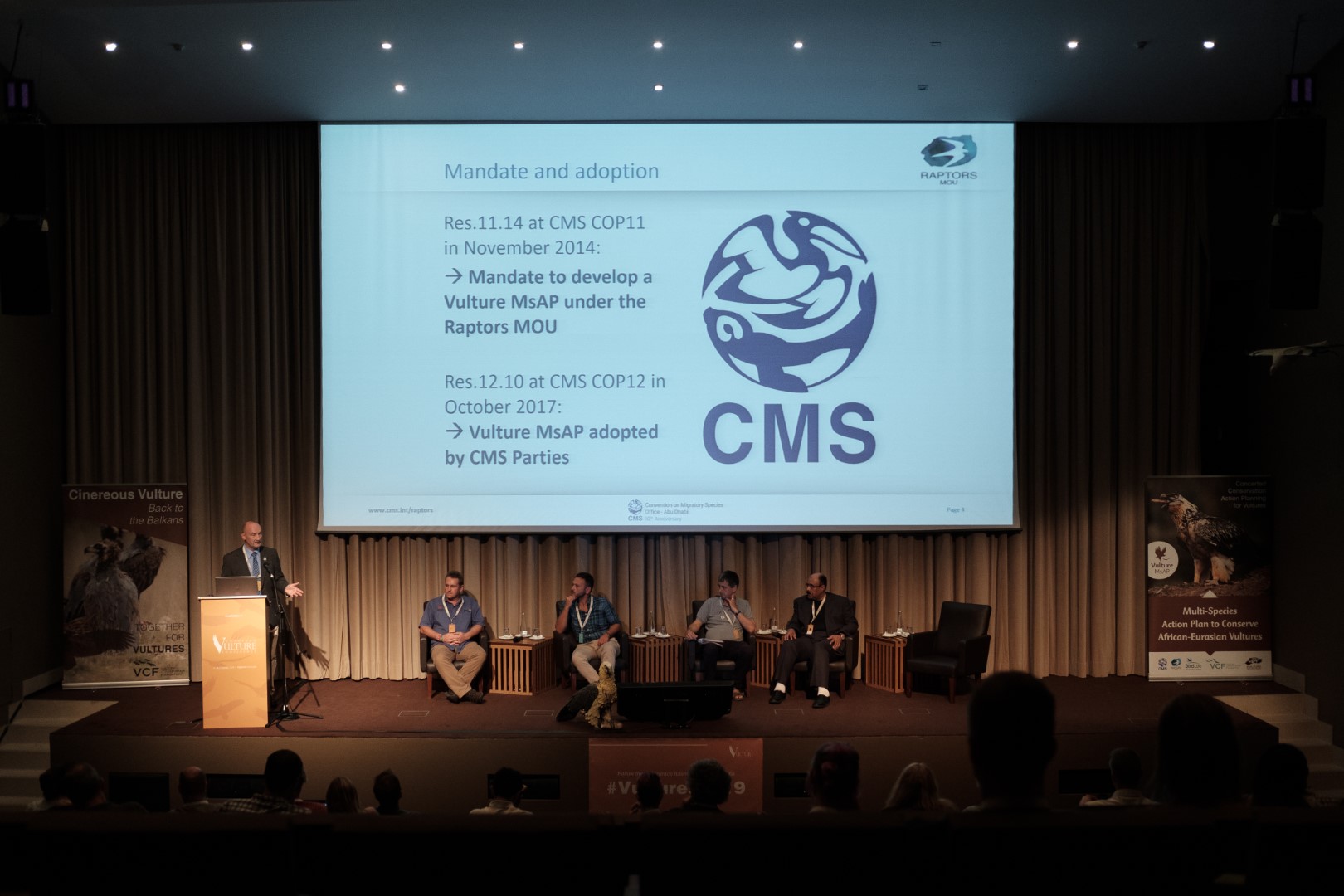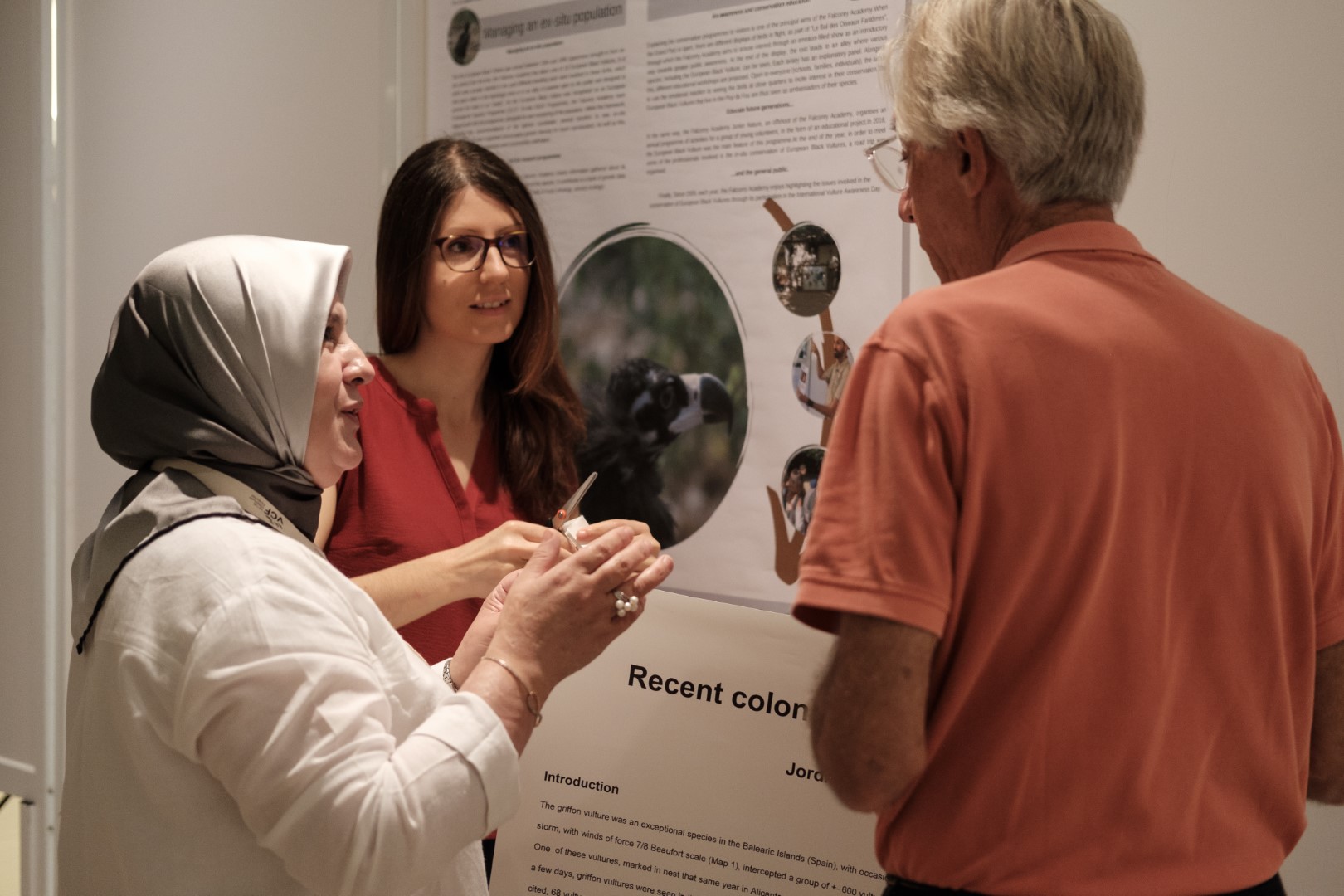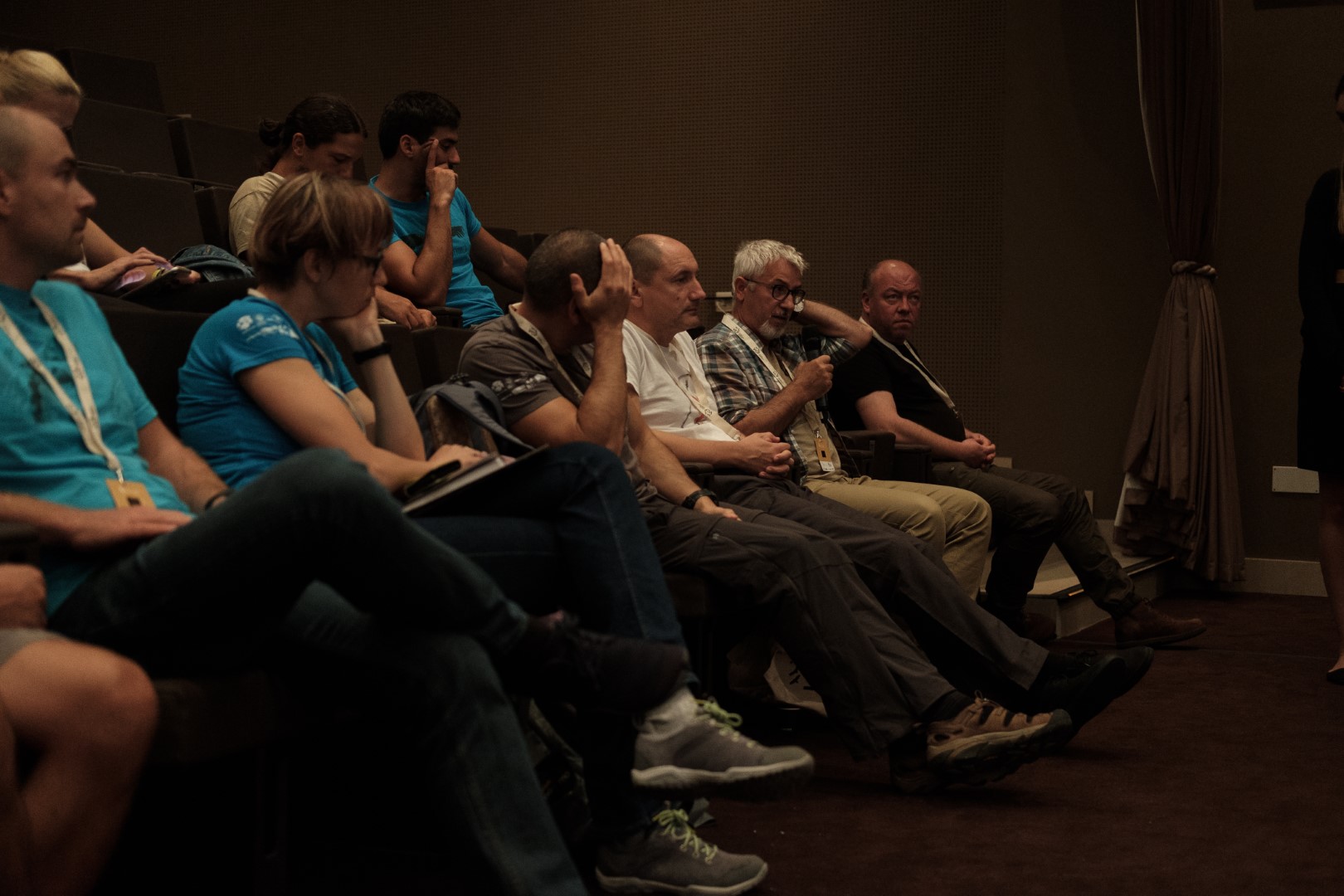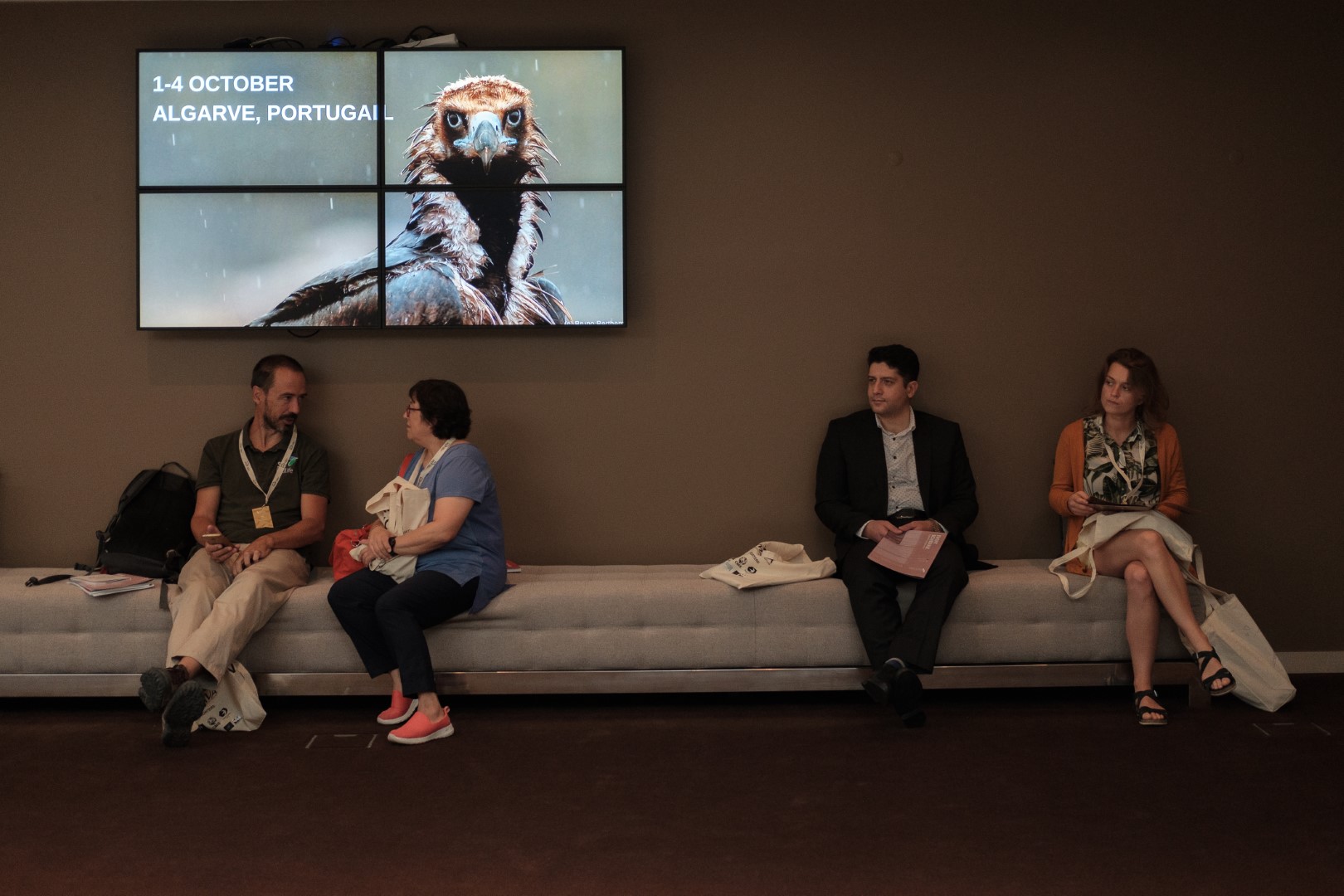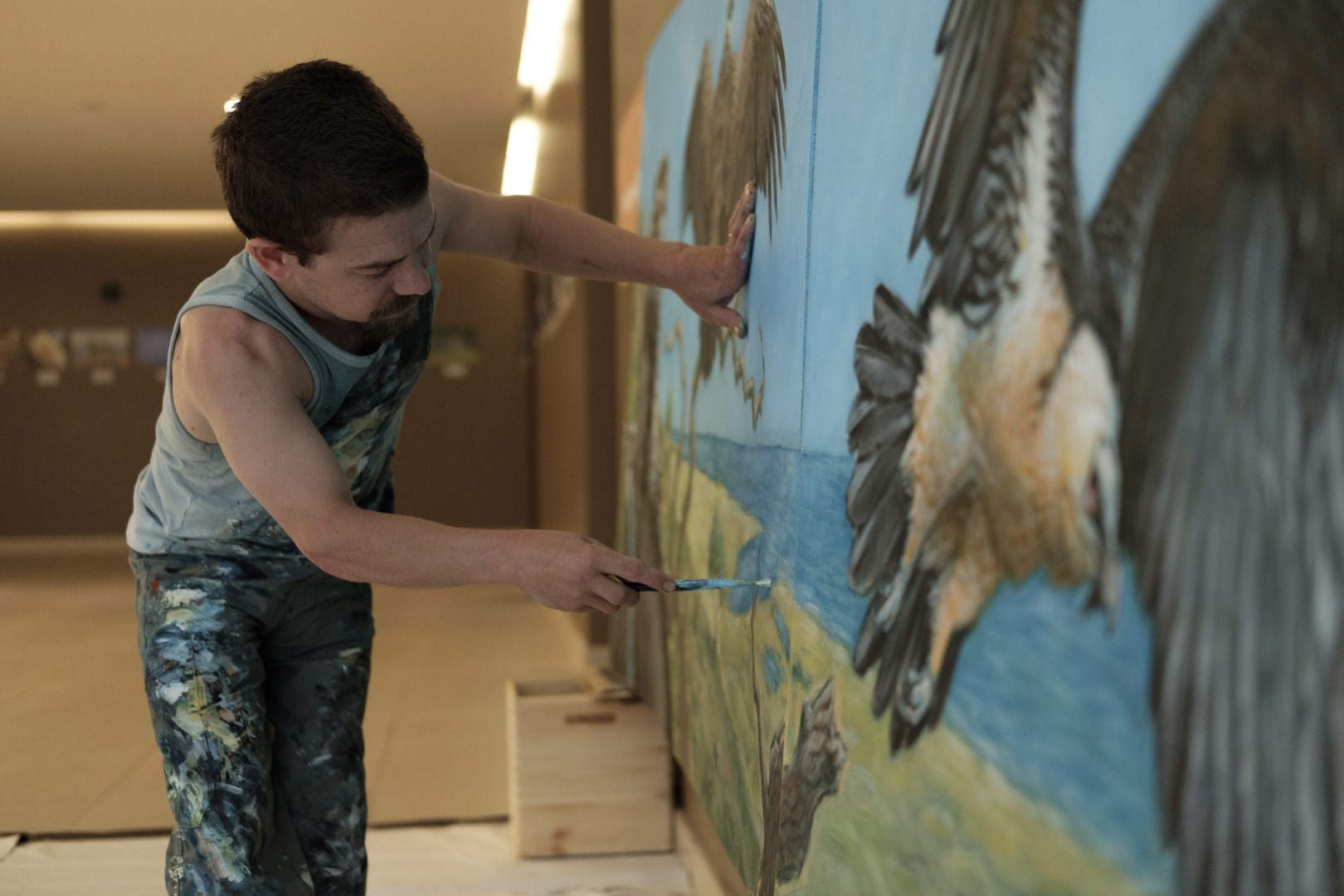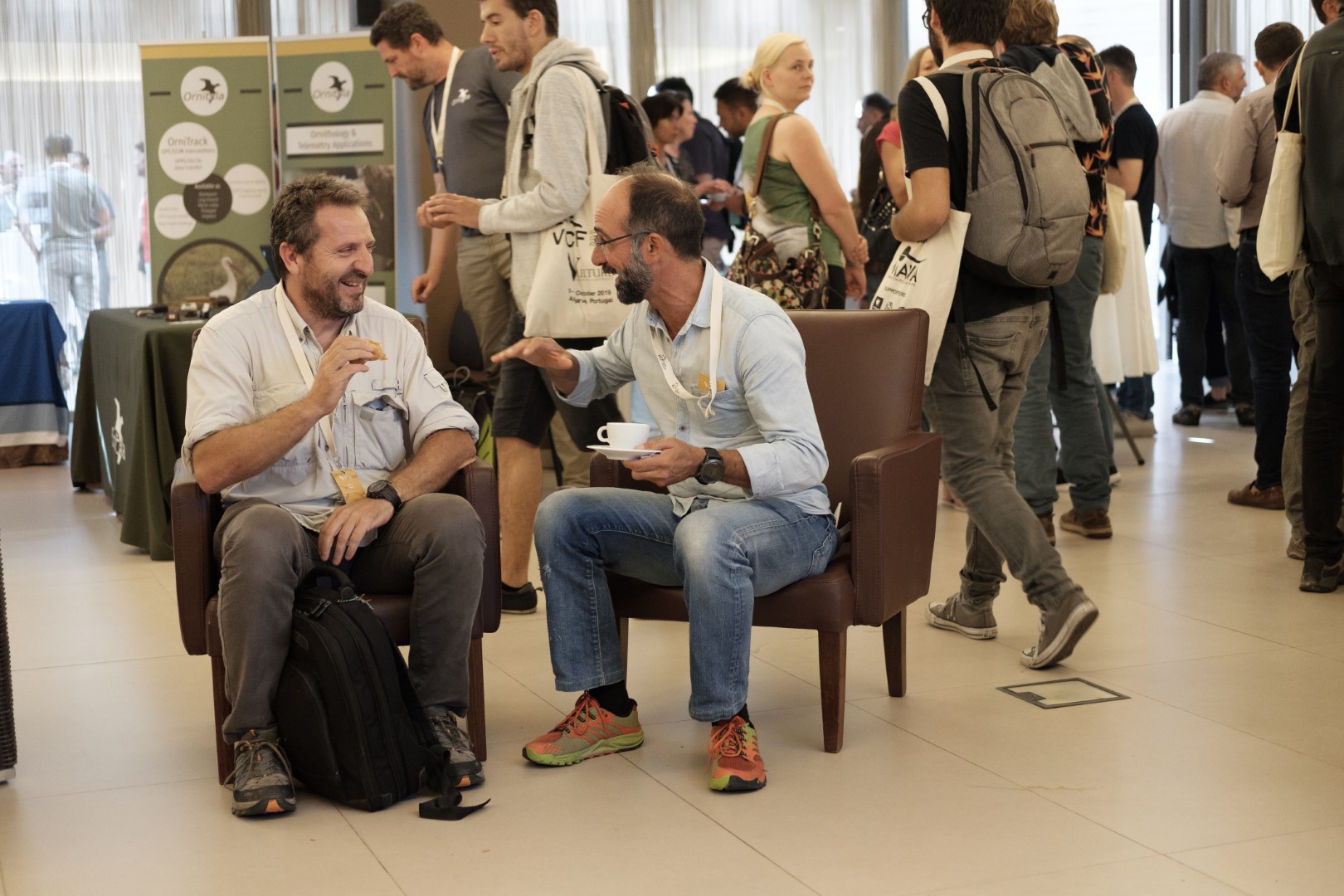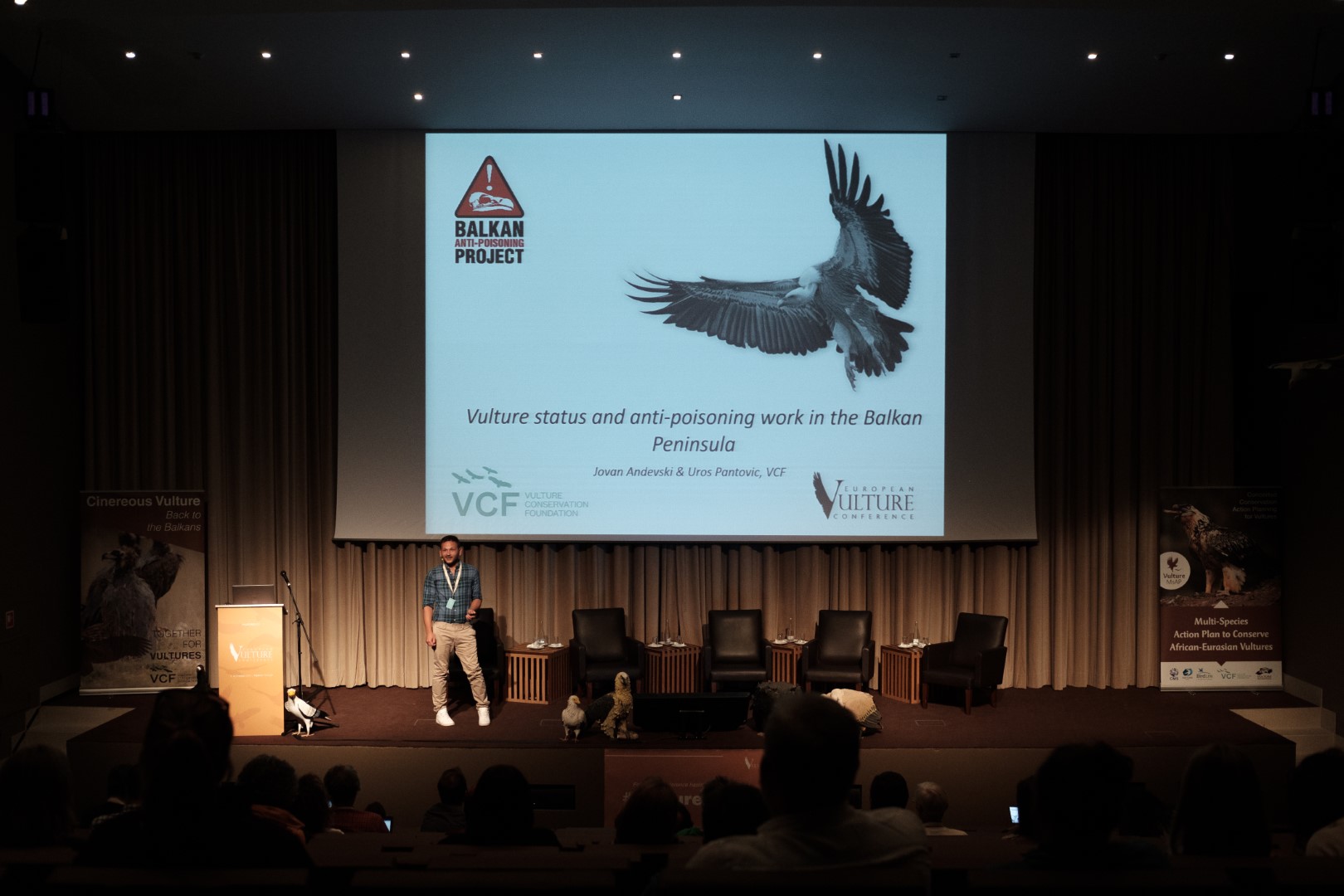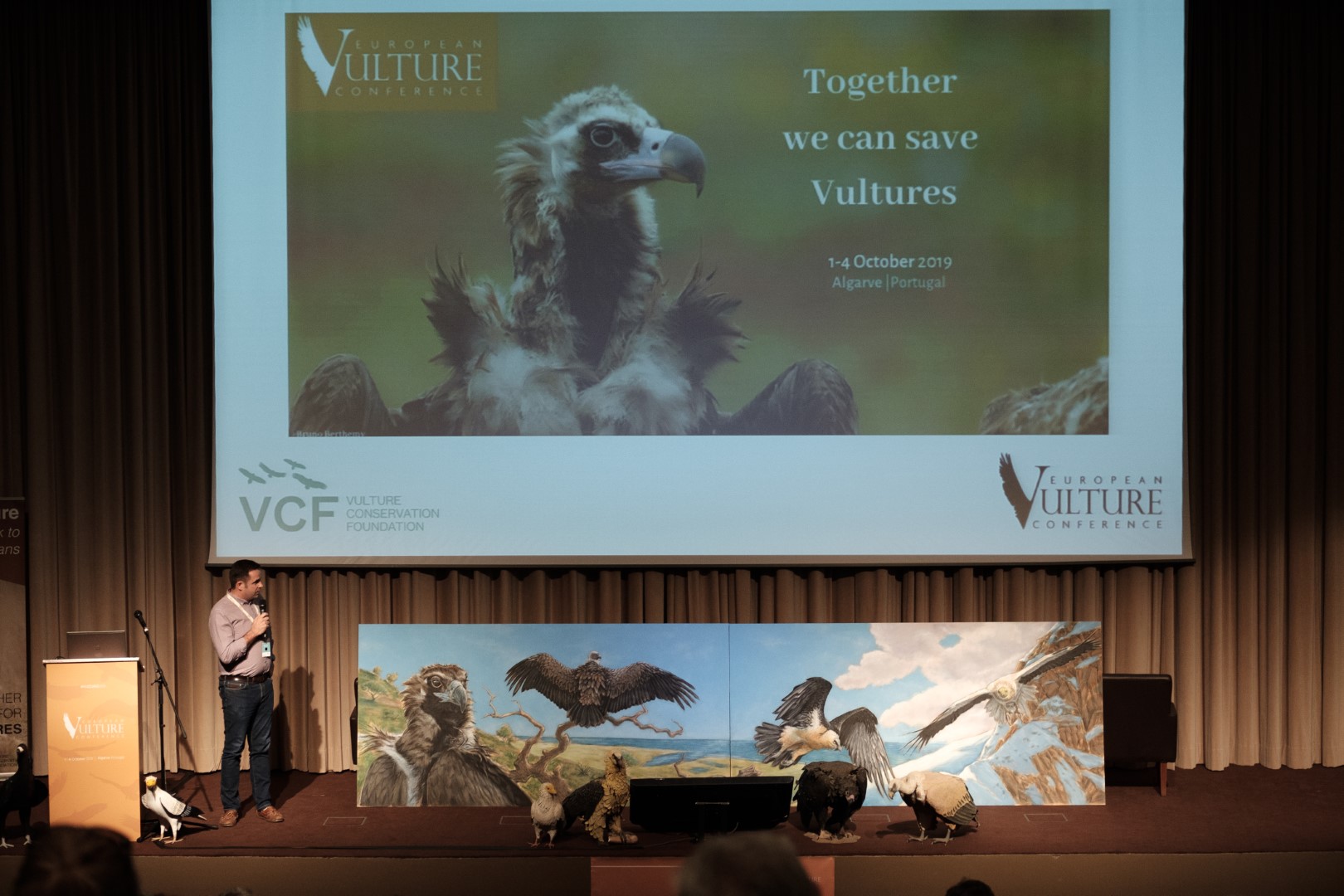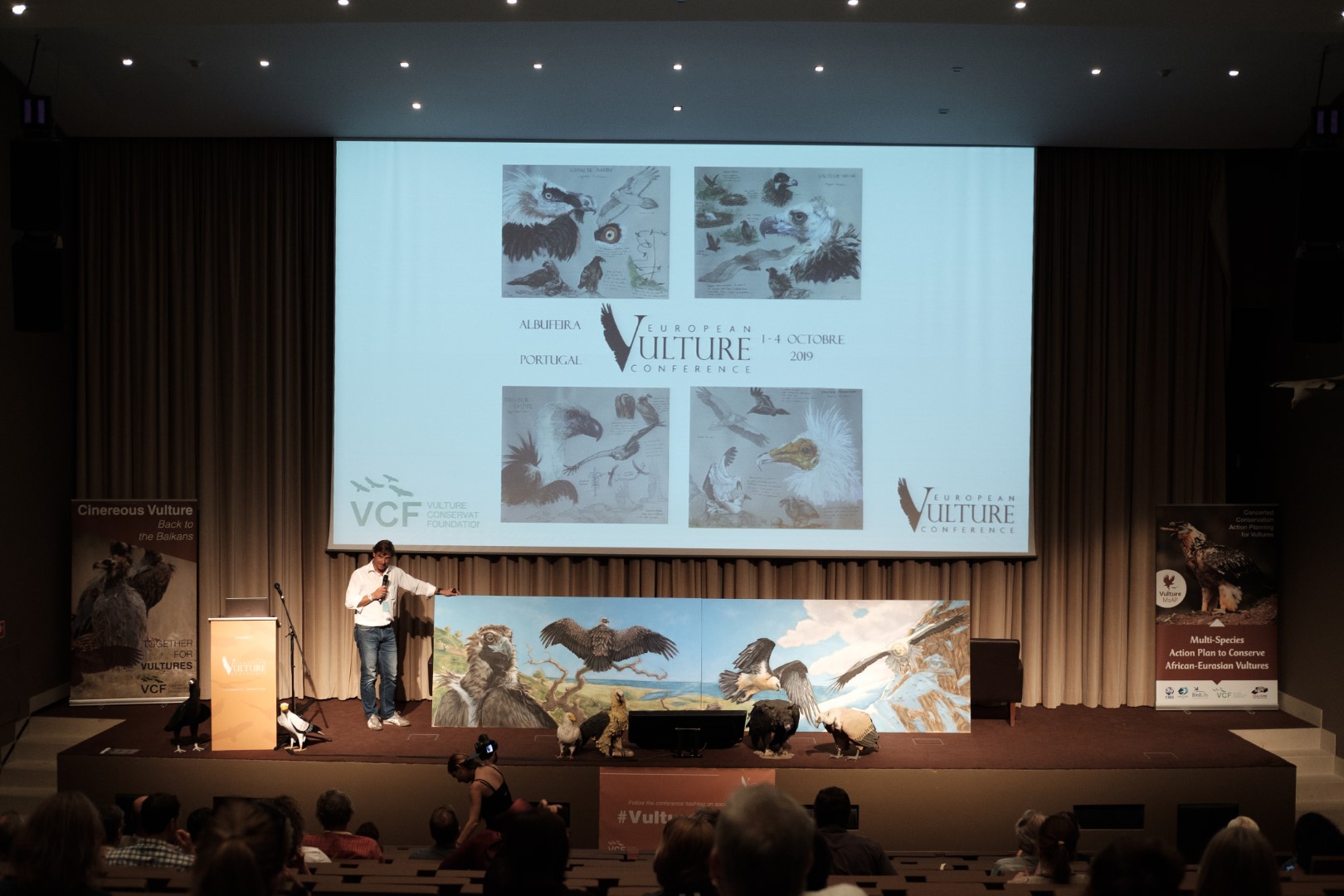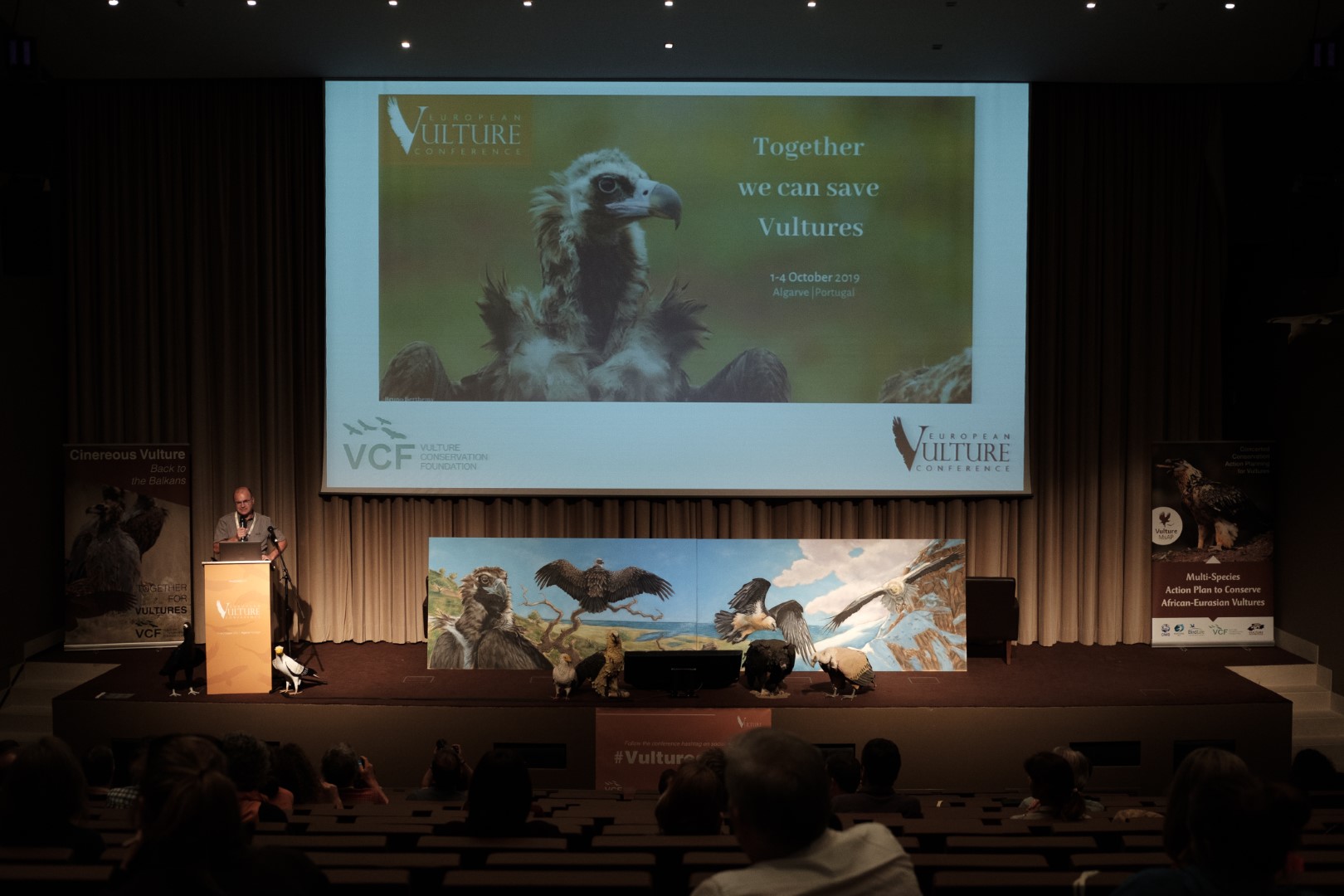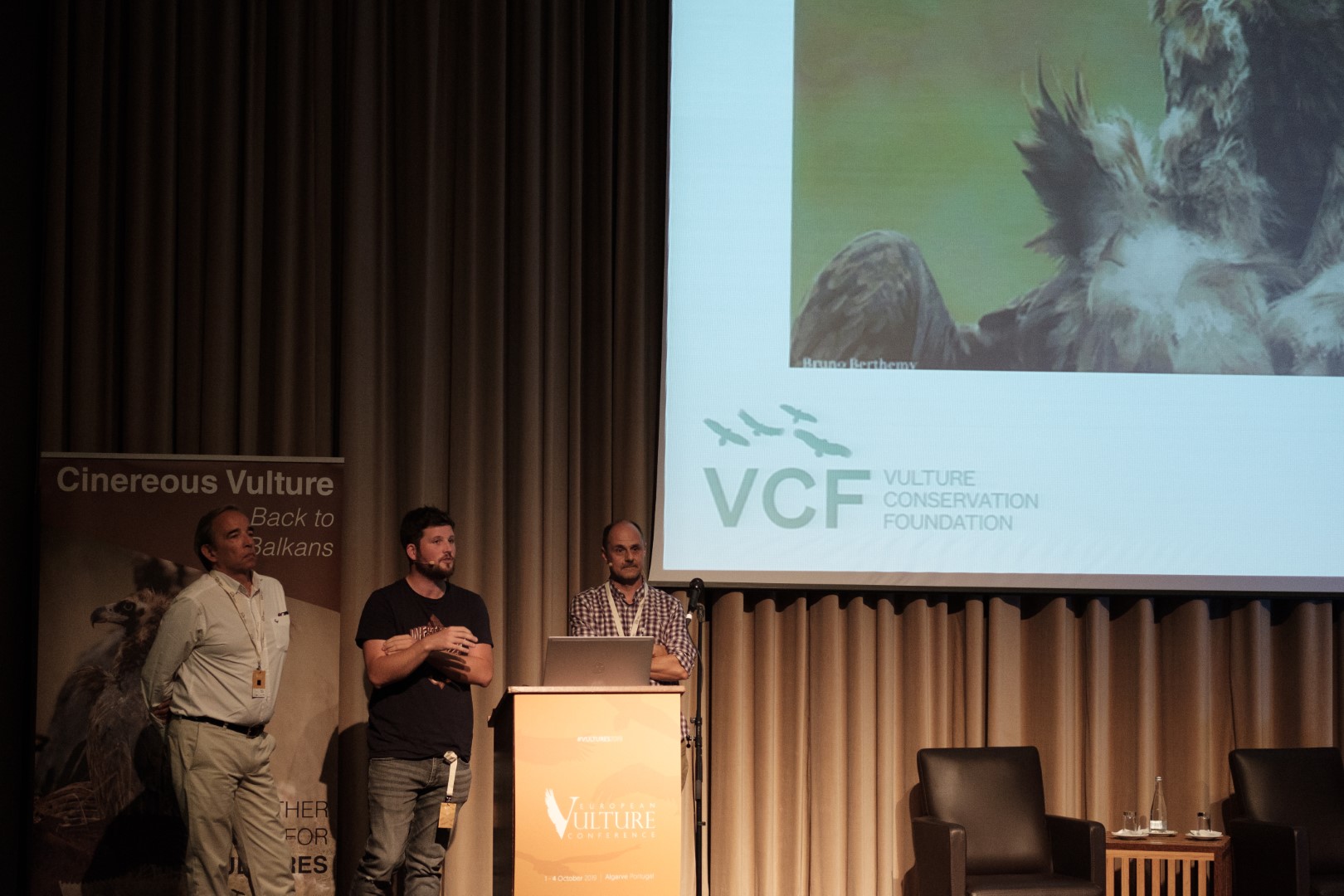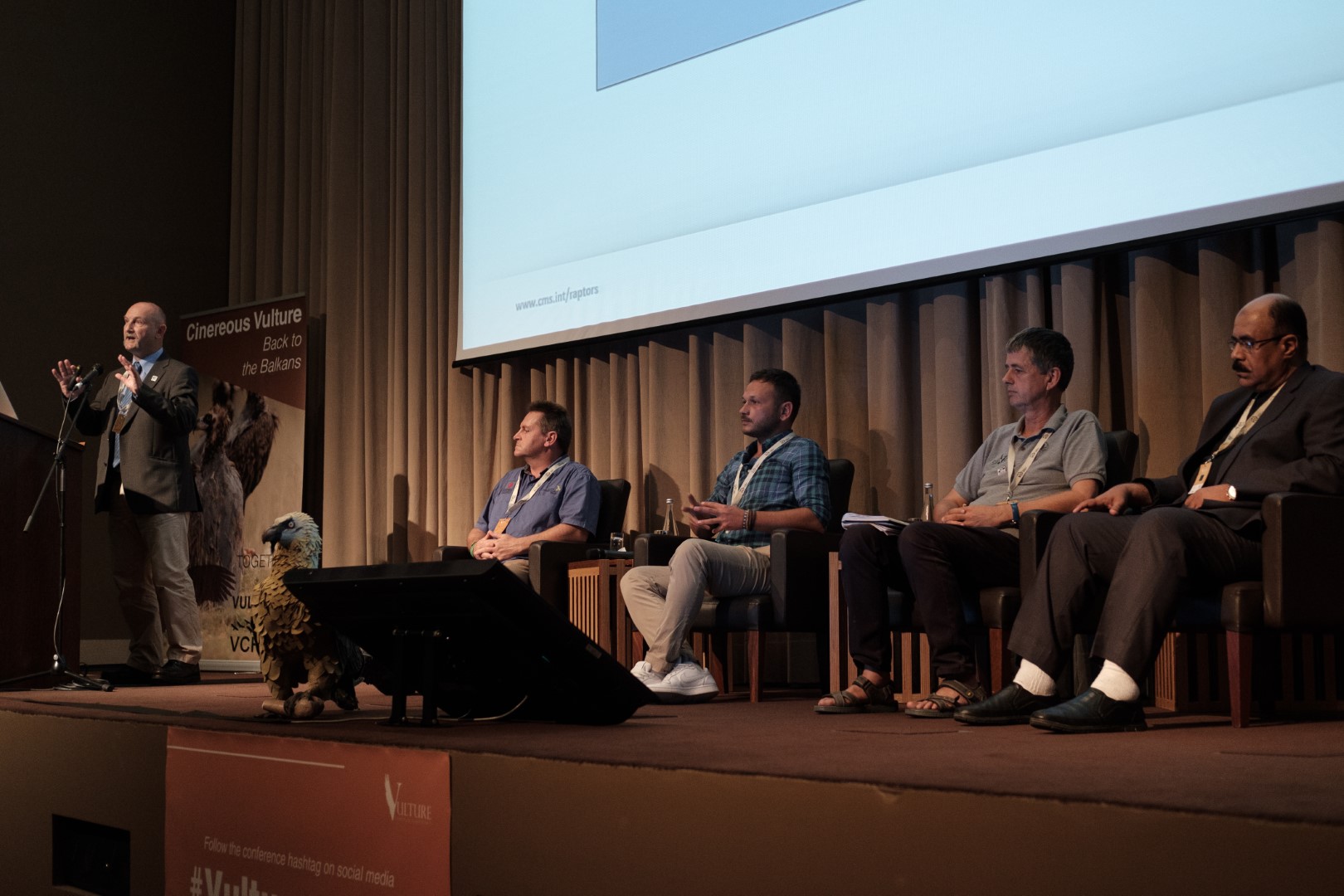European Vulture Conference
Explore the scientific programme and social activities, and meet the leading experts who will be shaping the conversation
- Homepage
- Pages
- European Vulture Conference
- Programme and Keynote speakers
Discover the Programme of the European Vulture Conference
Day 1
Tuesday, 14 November 2023
• Full day conference
Day 2
Wednesday, 15 November 2023
• Full day conference
• Cultural visit to Cáceres
Day 3
Thursday, 16 November 2023
• Full day conference
• Celebration dinner
Day 4
Friday, 17 November 2023
• Field trips
The European Vulture Conference is delighted to announce its finalised programme, which features a comprehensive agenda of scientific talks, workshops, and poster sessions. This programme will highlight the latest developments in vulture ecology, biology, and conservation, as well as showcase cutting-edge research and projects in these areas.
Our scientific committee, comprised of seasoned professionals in the field, has meticulously curated this programme to encompass the most current and vital subjects in vulture conservation and research. This ensures that the conference is tailored to meet the needs and interests of the scientific community, making it an exceptional event for all those engaged in vulture-related studies.
Meet the Scientific Committee
Patricia Mateo Tomas
Assistant Professor in Ecology and Conservation Biology. Instituto Mixto de Investigacion en Biodiversidad. University of Oviedo, Spain.
Olivier Duriez
Assistant Professor in Ecology and Conservation Biology. University of Montpellier. Centre d’Ecologie Fonctionelle et Evolutive (CEFE-CNRS), France. Advisory board of the Vulture Conservation Foundation.
Alvaro Camia Cardenal
Senior Environmental Specialist. IFC-International Finance Corporation. Advisory board of the Vulture Conservation Foundation.
Raphaël Néouze
Former Vultures Project Manager at the Grands Causses. Psychothérapist. Management board of the Vulture Conservation Foundation.
Fiammetta Berlinguer
Associate Professor in Animal Physiology at the Department of Veterinary Medicine. University of Sassari, Italy.
Enrico Bassi
Research consultant in Wildlife Ecology. Bergamo, Italy. Advisory board of the Vulture Conservation Foundation.
Daniel Hegglin
Researcher at SWILD, Zürich, Switzerland. Management board of the Vulture Conservation Foundation
Franziska Lörcher
Scientific coordinator at the Vulture Conservation Foundation.
Julien Terraube
Research Officer at the Vulture Conservation Foundation.
Explore the science of vulture conservation and enjoy exciting side activities
Alongside the engaging scientific sessions, you will have the chance to take part in a variety of enjoyable side activities that showcase the vibrant culture and natural beauty of Extremadura. You can explore the charming Cáceres city centre, enjoy a celebratory dinner, and go on exciting field trips. These activities provide great opportunities to forge connections and craft unforgettable moments.
After careful review of all abstract submissions by the committee, the final programme is now available.
Introducing the Keynote Speakers
We are delighted to introduce our renowned keynote speakers, who are leaders in the field, accumulating years of experience and diverse backgrounds among them. Our keynote speakers will shed light on a different array of topics and regions, bringing new perspectives and fruitful discussions. Meet our keynote speakers and learn more about their impactful research and conservation work.

Sergio Lambertucci, Ph.D.
Principal Researcher at INIBIOMA-CONICET, Universidad Nacional del Comahue, Argentina
Dr. Sergio Lambertucci, a Principal researcher at CONICET and lecturer at Universidad Nacional del Comahue, Argentina, is a leading figure in the field of ecology and conservation biology. As the head of GrInBiC, the Research Group on Conservation Biology at INIBIOMA, his work focuses on understanding and addressing the environmental challenges posed by human activities on wildlife, with a specific emphasis on birds of prey.
Dr. Lambertucci’s diverse research portfolio includes investigating the impacts of habitat fragmentation, pollutants, and persecution on wildlife. He also explores human perceptions of fauna and actively promotes evidence-based measures to facilitate coexistence between people and nature.
Working closely with his team, Dr. Lambertucci conducts studies on various aspects of ecology and conservation, including trophic ecology, movement ecology, toxicology, genetics, isotopes, and health assessments. Their research extends to identifying critical areas for wildlife conservation.
Notably, Dr. Lambertucci’s main focus is on scavengers, particularly the Andean condor. His contributions to the scientific community are extensive, with over 150 published articles in renowned international journals and mentorship of numerous students, shaping the next generation of conservation scientists.
Old and new threats for Neotropical vultures: what is happening with the Andean condor and other vultures
In a world where human impact on wildlife is escalating, the rapid decline of numerous species demands urgent attention. Among them, vultures stand as prominent examples—abundant and widely distributed, yet vulnerable to sudden disappearance. Addressing this critical situation requires robust ecological studies and monitoring programmes.
Dr. Sergio Lambertucci will bring his expertise to shed light on the historically understudied Neotropical vultures. While scientific attention has grown in recent years, comprehensive demographic information remains scarce. Focusing particularly on the Andean condor, Dr. Lambertucci will present novel ecological insights and identify key anthropogenic threats these birds face.
Through his keynote speech, he will highlight the detrimental impacts of negative perceptions, changes in food sources, contamination, human infrastructure, and the recent arrival of avian flu on Neotropical vultures. These threats resonate throughout their range, producing both local and global consequences for their populations. As these challenges are shared by vultures worldwide, developing global conservation strategies that encompass both New and Old World vultures may be necessary.
Crucially, his speech will underscore the need to better evaluate, present and value vultures’ important contributions to ecosystems and society.

Pascual López López, Ph.D.
Associate Professor, University of Valencia, Cavanilles Institute of Biodiversity and Evolutionary Biology, Valencia, Spain
Dr. Pascual López López is an experienced wildlife biologist focusing on population ecology and animal behaviour. With a primary interest in translating scientific knowledge into practical decision-making and wildlife management approaches, he focuses his research on raptors as study models.
His multidisciplinary approach combines fieldwork, telemetry analysis, population dynamics, and geographic information systems to investigate how animals respond to changes in their environment and apply this understanding to the conservation of endangered species.
Between 2012 to 2014, he served as a lecturer in Zoology and Vertebrates Zoology at the University of Alicante. Currently an Associate Professor at the Department of Microbiology and Ecology at the University of Valencia, Spain, Dr. López López also holds an associate researcher position at the Cavanilles Institute of Biodiversity and Evolutionary Biology, and acts as the principal investigator of the Movement Ecology lab. He continues to contribute to education, teaching Biology and Environmental Sciences degrees, as well as the Master’s Degree in “Biodiversity: Conservation and Evolution” at the Faculty of Biological Sciences, University of Valencia.
Conservation challenges and opportunities for migratory vultures: a movement ecology perspective
Movement ecology is vital for wildlife conservation, providing crucial information on animal behaviour, migration, and habitat use. As essential scavengers, vultures play a critical role in maintaining healthy ecosystems by cleaning carrion and reducing disease transmission. Dr. Pascual López López’s keynote speech will showcase his latest vulture research, focusing on Egyptian Vultures.
The speech will delve into the coexistence of migratory and resident behaviours of Egyptian Vulture, revealing how environmental and social factors impact population dynamics and residency patterns. Notably, social attraction influences the presence of overwintering immature individuals.
He will share telemetry data from migratory Egyptian Vultures, unveiling survival differences during migration and non-breeding seasons, and demonstrate how anthropogenic threats contribute significantly to vulture deaths.
Additionally, Dr. López López will present findings on the movement ecology of the largest wintering population of Egyptian Vultures in southwest Europe and emphasise their reliance on specific roosting and feeding sites.
The keynote will stress the need for collaboration among researchers, conservationists, and policymakers to ensure effective vulture conservation. He will also highlight the need for international cooperation, especially for migratory vultures crossing borders.

Darcy Ogada, Ph.D.
Africa Program Director, The Peregrine Fund, Nairobi, Kenya
Dr. Darcy Ogada, currently the Africa Program Director at The Peregrine Fund in Nairobi, Kenya, is dedicated to the conservation of vultures and combating wildlife poisoning.
She obtained her Ph.D. in Zoology from Rhodes University in South Africa in March 2008. Her thesis focused on the ecology and conservation of Mackinder’s eagle owls in central Kenya, examining the impact of agricultural land use and cultural attitudes.
Dr. Ogada conducted a post-doctoral fellowship at the Smithsonian Institution, based at the Mpala Research Centre in Kenya, from September 2009 to November 2010. Her research investigated the ecological consequences of vulture declines on facultative scavengers and disease transmission.
She actively contributes to the field through various roles, serving as an Associate Editor of Vulture News since 2014. Additionally, she has been appointed to the Technical Advisory Group to the Raptors MOU under the Convention on the Conservation of Migratory Species of Wild Animals, starting in July 2023. Dr. Ogada also holds the positions of Africa Regional Co-Chair and Red List Authority for the IUCN Vulture Specialist Group since March 2016.
Drivers of vulture poisoning are not created equal: disproportionate effects and their likely impacts on African and migratory European populations
The illegal poisoning of vultures is a widespread global issue. With over 13,800 documented deaths since 2000, on average, this amounts to 629 yearly fatalities, representing 36% of all recorded mortalities in the African Wildlife Poisoning Database.
Dr. Ogada’s keynote speech will highlight the alarming prevalence of vulture poisonings and delve into the main drivers behind this issue, including human-carnivore conflict, belief-based practices, bycatch from illegal wildlife trade, and sentinel poisonings. She will discuss how these factors vary in intensity across Africa, considering ecological and cultural influences.
She will underscore the importance of finding effective solutions to combat the complex challenge of vulture deaths from belief-based use. Understanding the potential human health risks associated with using vulture body parts obtained through poisoning will guide the development of appropriate remedies.
To tackle these issues, Dr. Ogada will stress the need for leadership in the regions most affected, with African professionals playing a crucial role in harnessing the power of social norms and values to drive behavioural change. Furthermore, she will highlight the importance of developing and strengthening existing capacities to mitigate vulture declines throughout Africa, with international institutions playing a key supportive role.

Marcos Moleón Paiz, Ph.D
Associate Professor, Department of Zoology at the University of Granada, Spain
Marcos Moleón Paiz studied Biology at the University of Granada (Spain), near his home town. He completed his Ph.D. at the same university on the interactions between Bonelli’s eagles and their main prey. For nearly nine years, he worked in wildlife conservation for the Andalusian Government in southern Spain. Dr. Moleón Paiz then embarked on a two-year postdoctoral position in South Africa, followed by research stays in Poland, Germany, the USA and Namibia before joining the Department of Zoology of the University of Granada thanks to a “Ramón y Cajal” contract.
Now a lecturer at the same university, he also heads the research group on “Biology and Conservation of Mediterranean and Tropical Vertebrates”. His research primarily focuses on the ecology and conservation of carnivorous birds and mammals, all of which are located at some point within the predation-scavenging spectrum. He is especially interested in how these carnivorous species interact around carrion resources, mainly in Mediterranean and African ecosystems.
Vultures, predators and humans: a story of interactions
All carnivorous animals are scavengers to some extent, including humans. Acknowledging this aspect leads to a plethora of emerging interactions between vultures and predators. These interactions serve as key determinants of behaviour, dynamics, and evolutionary patterns, not only for vultures and predators but also for their prey. Furthermore, they are crucial in understanding the process of carrion recycling in terrestrial ecosystems. Dr. Marcos Moleón Paiz’s keynote speech will explore these intricate interactions.
The interconnection between vultures and humans traces back to our shared origins, proving significant for human evolution and welfare. However, the industrial revolution represented a turning point in our relationship with vultures. During his speech, he will highlight how vultures are currently threatened through many pathways, including a strong disturbance of the spatiotemporal availability of carrion, which also affects the ecosystem services that vultures potentially provide to us.
Dr. Paiz will offer hope by discussing vulture-friendly management of ungulate populations and carrion resources that may still be possible in the Anthropocene era. Implementing such measures can promote coexistence alongside functional vulture populations.

